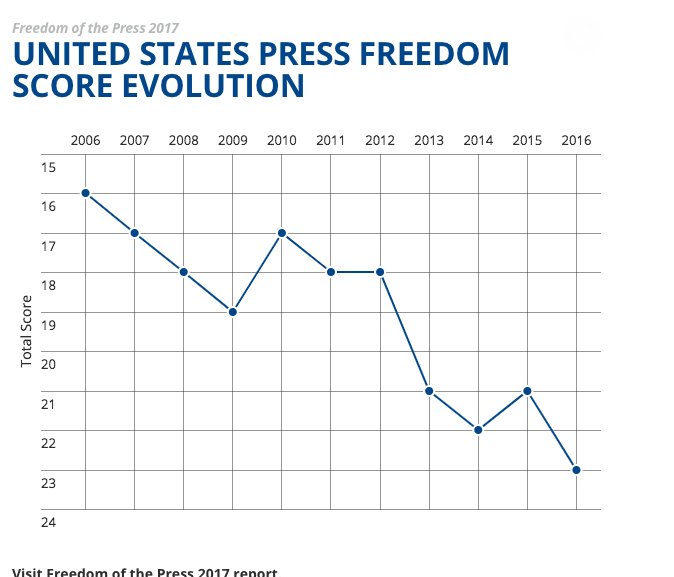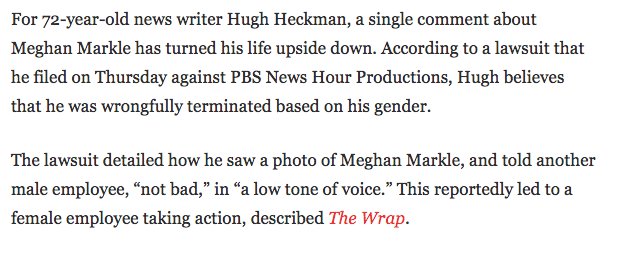36.— (1) A person who publishes or utters blasphemous matter shall be guilty of an offence and shall be liable upon conviction on indictment to a fine not exceeding €25,000.
(a) he or she publishes or utters matter that is grossly abusive or insulting in relation to matters held sacred by any religion,
(b) he or she intends, by the publication or utterance of the matter concerned, to cause such outrage.
The 2009 law was actually an improvement: The 1961 Defamation Act prescribed maximum penalties of seven years’ penal servitude for blasphemous libel.
John Corway (Catholic) claimed a magazine editorial and cartoons in The Irish Times and the Irish Independent, were blasphemous. His complaint noted that he had--

In response to questions I was asked yesterday:
It doesn't seem so, although some activists or journalists bring them *on behalf* of Muslims, as in the ES case.
I don't know how thorough the Campaign to End Blasphemy Laws' account is: end-blasphemy-laws.org/countries/euro….)
In Austria, four times since 2009: 1) The ES case; 2) by Catholic clerics offended by a cartoon, 3) against an Austrian politician who said what ES said, and
Cyprus: not used recently.
Finland: Used to prosecute a politician who, again, called Mohammed a pedophile. FIned 330 Euros.
Germany: They give no examples, but Germany's hate speech laws--another category of law that's an outrage to free speech--
Then again, this is Germany. If Germans decide for themselves that they don't really trust themselves with free speech,
A man was charged with posting “malicious blasphemy and religious insult' on Facebook for creating a page called "Elder Pastitsios the Pastafarian." 10-month suspended prison sentence, reversed on appeal--not on principle, but to reduce a court backlog.
Italy doesn't use its laws much, but it does use them:
Also, key point. Really important: It takes nothing more than an e-mail to the server hosting a publication--
There's a wealth of evidence that genocides have a certain pattern. One of them--"Stage 3," according to Gregory H. Stanton--
genocidewatch.org/aboutgenocide/…
Americans seemed to do fine with unrestricted speech: I thought we were an advertisement for it, a living proof of concept. "See? We let everyone say *anything they want.*
Except that it very much seems Americans aren't fine.
That would be a shame.







